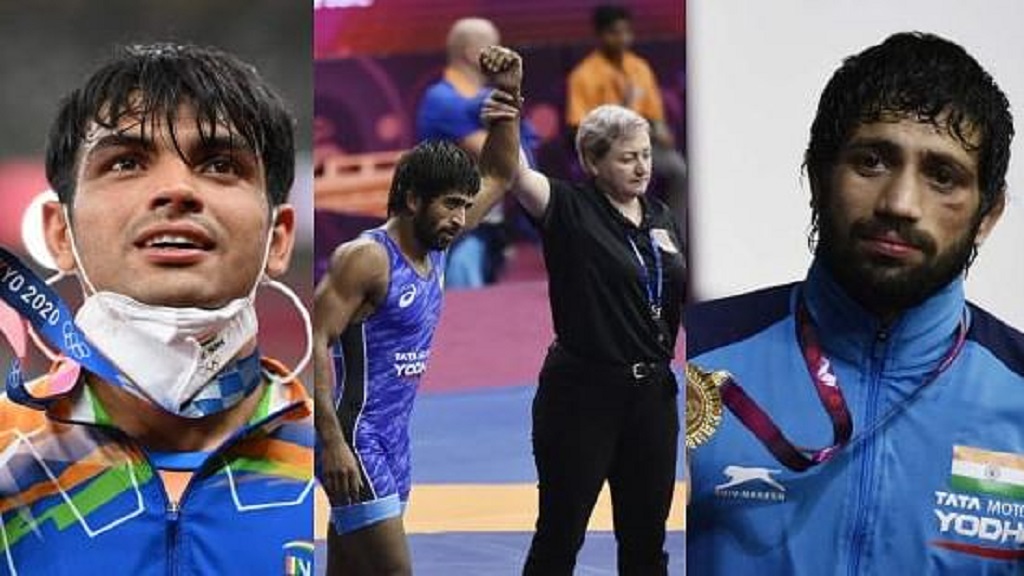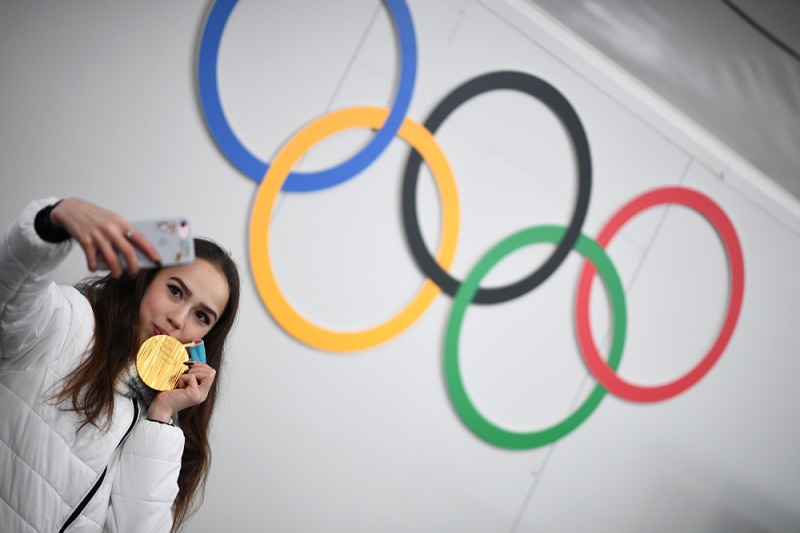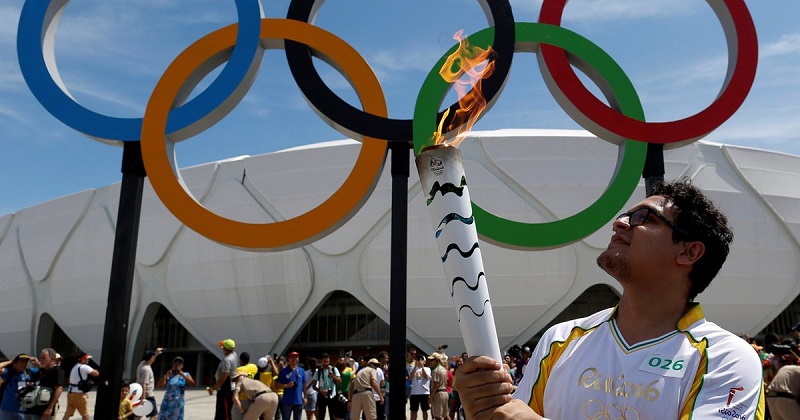
I feel that the commercialization of the Olympics is bad as it denies the Olympic Champions’ privacy. As the players will be continually under the limelight, details of their lives, both the good and bad, are delivered to the public. For example, in the recent Tiger Wood's scandal including his many mistresses, his private life was communicated to people in general, drawing in numerous reactions. Therefore, trying to Avoid Over-Commercialization as the Various Advertisements and Posters is bad because it compromises the personal space of the athletes. Performance may not be the primary concentration in all sports. Certain individuals might take up a sport just to keep a healthy lifestyle.
Today it appears there is not any degree of sports investment that doesn't have sponsorship or some assortment of commercial ventures. Sporting events, teams and even individual players wear logos on outfits and show up in TV advertising. This ascent in commercialization has nearly become a part of the modern Olympic players, yet it is vital to recollect it has positive and adverse consequences on the games, the players and the fans.
Olympic Games Commercialization Overview
The ideal of the modern Olympic Games remains unmistakable resistant to the commercialism of sports. However, many commentators have contended that this optimism has been compromised to the point that the Olympics are right now the encapsulation of corporate greed. In the early part of the twentieth century, 98% of the Games' amateur competitors brought in no cash from their cooperation. Conversely, the present Olympic competitors are a long way from beginners. The International Olympic Committee perceived the unavoidable creep of commercialism and professionalism and on second thought of expecting members to be novices, they simply asked that members have an “amateur spirit.”

The Games have also gone under analysis due to the movement toward Internet Environmental Impact. While most Olympic managers perceive the requirement for help from the private area, there is worry regarding how much assistance and control should be traded. Private ventures that reach from soda makers to vehicle organizations contend to be an official sponsor of the games. For instance, Coca-Cola paid $22 million for the assurance that no competitive soft drinks would be permitted to show the Olympic image for the Seoul Games.
Here Are Some Good or Bad Impacts of Commercialization on Olympic Champions
Exposure
Commercialization is about media exposure to the game. If a significant organization supports the Olympic Champions, it is substantially more liable to get early evening TV inclusion, get a more noteworthy Endorsement Fee and present more individuals to the game. This will get more fans, work on the benefit of local sports clubs, which thus helps the local economy and revives community spirit when the team is performing great.
Participation
With expanded openness to the game comes expanded participation. For instance, when a national team gets along admirably at the Olympics the number of kids taking up the game increments. This is when there is national worry over the health of young people concerning what they eat and the degree of activity they take part in. The commercialization of sports champions which prompts expanded exposure encourages children to get more exercise and reduce obesity.
Financing
Sports teams are organizations like some others and they need to bring in cash to survive. The only way they can stay aware of rising pay costs, further develop offices and acquire new players is to offer to publicize space to build incomes. All fans need to see their team succeed and are not fussy about the sponsor’s logo in the team shirt or announcements around the ground. There have on certain events been issues when the name of the stadium has been changed to incorporate a corporate brand name.

Fan Costs
One of the fundamental issues with expanded commercialization according to a fan's viewpoint is believing the increased costs are given to them. Ticket costs, rewards and team shirt costs have all gone up simultaneously increasingly promoting space is sold around the stadium and TV rights are sold for pretty much every game's champions.
Player Distraction
It has been guaranteed in certain sports that commercialization brings about less fortunate player performance at worldwide levels. Commercialization likewise offers an interruption from the game as the top name champions are joined by significant names to promote items.
Promotions
For those watching at home, the fundamental disadvantages of commercialization for sports champions are the notices that show up each time the game stops. Each camera position at the Superbowl is presently sponsored by an alternate organization, there are ads shown consistently and the promotions during halftime is the costliest bits of broadcast appointment that can be bought. All of this should have been visible as a significant interruption from the actual game. Critics claim the speed, and sporadically the result, of Olympic games are directed by TV ads.
However, champions are a significant part of our lives who motivate us to do something for our lives and the only way to ensure it keeps on prospering, particularly in today's context, is through commercialization.
